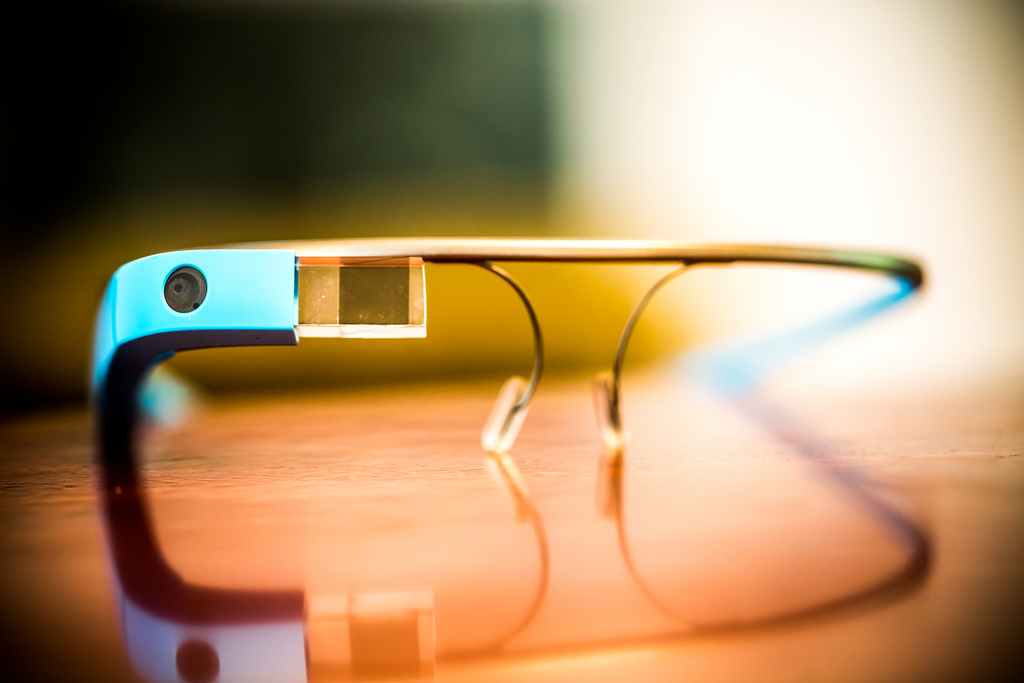Two of our member venues have received Google Glass to experiment with in order to learn about the pros and cons of the technology when using it in a facility. We’ll be following their progress on the blog here and in FM magazine. The first blog post from the AT& T Performing Arts Center appeared this summer. This second blog post is written by Robyn Williams, CFE, executive director of Portland’5 Centers for the Arts.
Portland’5 was very excited to be selected as one of the venues to tryout Google Glass. It came up in a town hall at the last Performing Arts Manager’s Conference as to how we would handle a patron entering the building wearing one. It was clear that most of us didn’t know much about this technology.
We immediately brainstormed a variety of cool things we’d love to do with it: secret shopping, filming the “second experience,” etc., but it became clear that the first order of business was a chat with our attorney, Nathan. Here were some of his comments:
1. Photo and Video Recording – Google Glass users can discretely record photo and video. This results in countless privacy concerns from voyeurism to surveillance of privileged information. For example, a Google Glass user could snap photos of sensitive or confidential documents. Or, an employee could secretly record a private staff meeting. Some bars and restaurants have already banned Google Glass to protect the privacy of their patrons.
2. Audio Recording – Under Oregon law, a person may not…”(c) Obtain or attempt to obtain the whole or any part of a conversation by means of any device, contrivance, machine or apparatus, whether electrical, mechanical, manual or otherwise, if not all participants in the conversation are specifically informed that their conversation is being obtained.”
So recording with Google Glass of a conversation without the other person or people’s consent might be a crime.
3. Facial Recognition – Google claims to be taking measures to prevent this, but some believe that facial-recognition apps will be available that can use a smartphone data connection to identify people observed by Google Glass. This may not be illegal yet, but could be as states introduce legislation to regulate “wearable computers.”
4. Recording Phone Calls – The glasses also have the capability to record phone calls received through the device. This could lead to violation of state wiretapping laws.
5. Copyright/Intellectual Property Issues – The use of Google Glass at a venue could lead to copyright infringement claims arising from patrons recording audio or video at concerts that do not allow recording or photography. This is an issue with any smart phone but may be much harder to police through the use of Google Glass.
Here’s a great article on the topic of Google Glass and the law.
OK, secret shopping is out. We decided to take some time to really learn how it works and go from there. We handed it off to Joe Durr, director of event services, to see what he could discover. Stay tuned.
(photo credit: Thomas Hawk via photopin cc)

